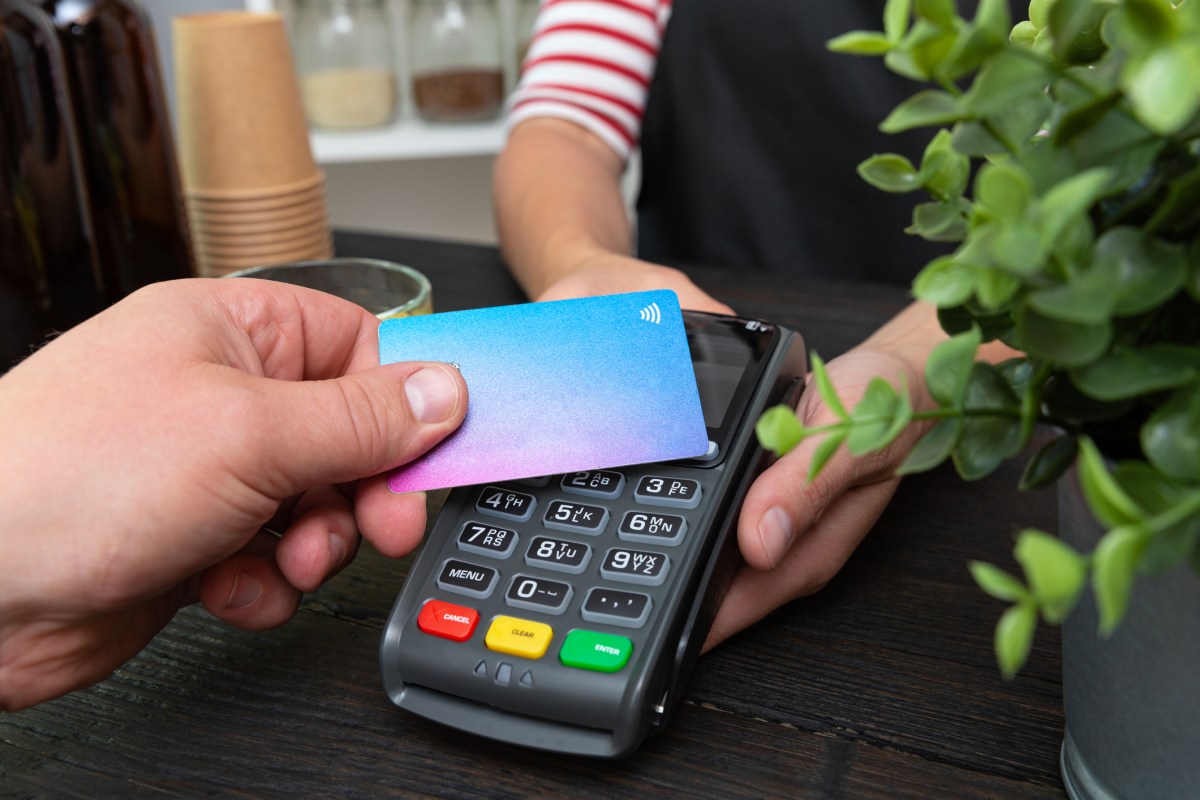BY DR. HAZEL N. DUKES
Earlier this year, New York City won an important victory in the battle for equal justice when the City Council passed legislation requiring all businesses to accept cash. Unfortunately, much of the rest of the country has not taken the same action, despite moves by thousands of large and small businesses to go “cashless.”
This failure to protect cash threatens marginalized communities who do not have access to credit cards or debit cards and who have suffered the worst consequences of the COVID-19 economic crisis, particularly communities of color, low-income households, seniors, the homeless and immigrants. Now, as our country works to address the twin problems of racial injustice and the economic pains of vulnerable communities, our leaders in Washington must work to protect cash for all Americans who rely on it.
The trend towards card-only transactions for routine goods and services like a cup of coffee or a gallon of milk may seem only like a matter of efficiency or convenience. However, in reality, it is just the latest example of the banking system exacerbating inequality and violating basic rights out of sheer greed.
The idea that we can’t or soon won’t be able to use cash might seem farfetched, but since the beginning of the COVID-19 pandemic, businesses countrywide have opted out of using cash out of health concerns, even though cash is legal tender. Misleading information has spread across the media claiming cash exchanges could increase transmission rates – despite the fact that there is little proof of this absurd claim and the World Health Organization shot it down in early March.
The reality is, special interests are using the pandemic to speed up the move towards a cashless society and achieve a future where banking fees and card-based transactions are the only way to get goods and services in the United States. We cannot let this happen.
Think about what card-only policies mean to a Black single mother trying to get a gallon of milk for her child while she’s waiting for a paycheck to be deposited. She may not have the funds available on a debit card to buy that milk. Additionally, the idea that communities of color and other low-income communities have ready access to safe and affordable credit to tie them over is a misguided fantasy—studies have long shown that they are unbanked and underbanked at significantly higher rates than white and wealthier communities. This mother may have put aside $5 or $10 for the end of the week, knowing she’d need a few items before she got paid. And yet, in a cashless society, she wouldn’t be able to buy them.
What banks want you to believe is that if she had just put the money in the bank and used a card, problem solved. Well, not quite. Putting aside the tremendous difficulties in getting banking cards, many banks charge fees when you don’t keep a minimum balance—so that same gallon of milk could effectively be taxed by the bank via a convenience fee.
This is akin to the fees incurred during routine transactions like withdrawing cash at an ATM. Or, worse the fees levied when you overdraw your account. The exorbitant overdraft fees and penalties banks level against people create an endless cycle of trying to catch up, leaving vulnerable people with negative balances that lock them out of their own accounts.
Going cashless gives banks and credit card companies tremendous power over your hard-earned money, where you can be punished for not spending, saving, or banking in-line with their rules and regulations.
The underbanked in this country includes low-income people of all races, but in cities like New York, it especially means people of color, immigrants and the homeless. The pandemic has hit these communities harder than anyone else, with higher death rates, more hospitalizations and higher rates of pandemic related unemployment. We shouldn’t allow another injustice to be perpetrated at their expense.
Fortunately, New York City, led by Councilman Torres, has already turned back the aggressive cashless lobby. But we cannot leave the rest of the country behind.
When Councilman Torres becomes Congressman Torres in a few months, he has the opportunity to become a national leader on this issue by partnering with likeminded policymakers such as Congressman Gregory Meeks (D) to pass federal legislation that protects cash transactions across America.
The poor and underbanked in New York are just as in need of protection as the poor and underbanked in other areas around our country. Robbing people of the ability to use cash is not just a local issue, and we need federal legislation to protect these vulnerable Americans.
Dr. Hazel N. Dukes is President of the NAACP New York State Conference and a member of the NAACP National Board of Directors




































